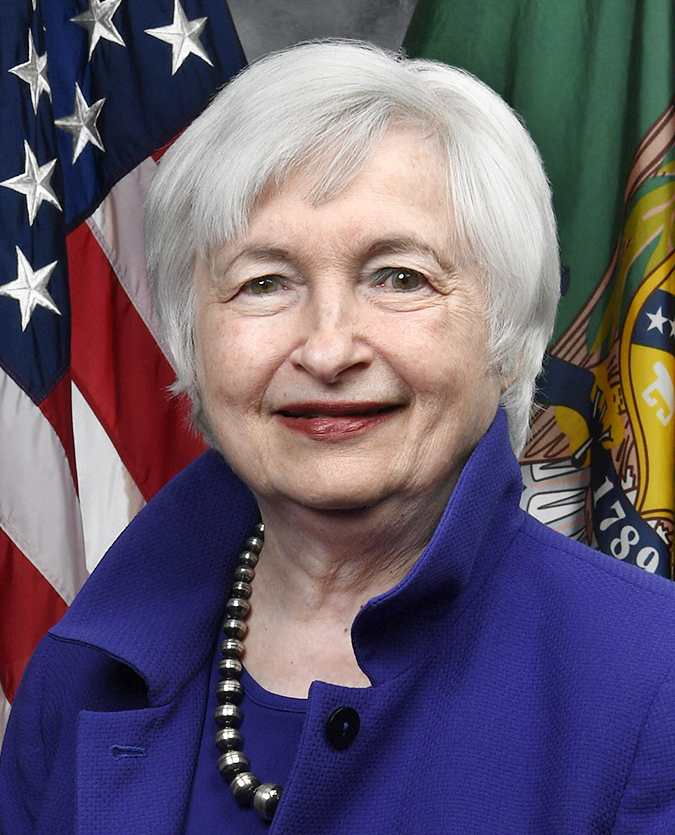By John Burr, Jacksonville Climate Coalition
Time for a quick quiz: What’s the greatest economic opportunity of the 21st century?
- Health care
- The climate crisis
- Artificial intelligence/technology
- Agriculture/feeding people worldwide
- Transportation — in the air, through space, across the sea and on the ground
- Entertainment (media, culture, sports)
With four of the highest-value companies of all time involved in the computer business, technology would be a good bet. But not the right one, says U.S. Treasury Secretary Janet Yellen.
Yellen’s surprising answer

Yellen says the climate crisis poses the greatest economic opportunity. She called for a mind-boggling worldwide investment of $3 trillion a year through 2050 to combat climate change in a speech last month at a conference in Belém, the gateway city to Brazil’s rainforest.
“Neglecting to address climate change and the loss of nature and biodiversity is not just bad environmental policy,” Yellen said. “It is bad economic policy.”
Climate activism meets Wall Street
Economic opportunity is a polite way of saying profit. Strip away the academic gloss and Yellen is saying that the greatest potential for profits this century is investing in pursuing low- and no-carbon energy to run homes and businesses, power transportation and feed billions of additional people.
As a former chair of the Federal Reserve and current U.S. Treasury Secretary, Janet Yellen can recognize good economic opportunities. It’s reassuring that she recognizes the dangers that the climate crisis poses, and the opportunity presented by finding a way out.
A needed tipping point
People who study climate issues are familiar with tipping points, defined in climate speak as disastrous points of no return. Such as the melting ice fields of Antartica breaking into the sea, causing oceans around the world to rise 10 to 15 feet. Or temperatures rising to such a level that our world slides into an irreversible roller coaster of floods, droughts and extreme storms.
The tipping point that Yellen is talking about is economic, not disastrous but urgent and necessary — the point when private investors realize the size of potential profits to be made in green energy. A colossal investment sea change is necessary to replace the burning of fossil fuels with abundant, non-polluting energy — solar power, wind power, electrical battery storage, hydrogen power, geothermal, nuclear.
One certainty: Without a massive and sustained private investment worldwide in clean energy, as Yellen advises, we will tip the planet’s climate into calamity by continuing our old polluting ways. Bad economic policy, indeed.
John Burr is the editor of the Jacksonville Climate Coalition newsletter. He also writes a Substack newsletter called Radical Green Zealots. Subscribe at johnburr.substack.com. Banner photo: Solar panels and wind turbines on a landfill (iStock image).
If you are interested in submitting an opinion piece to The Invading Sea, email Editor Nathan Crabbe at ncrabbe@fau.edu. Sign up for The Invading Sea newsletter by visiting here.



